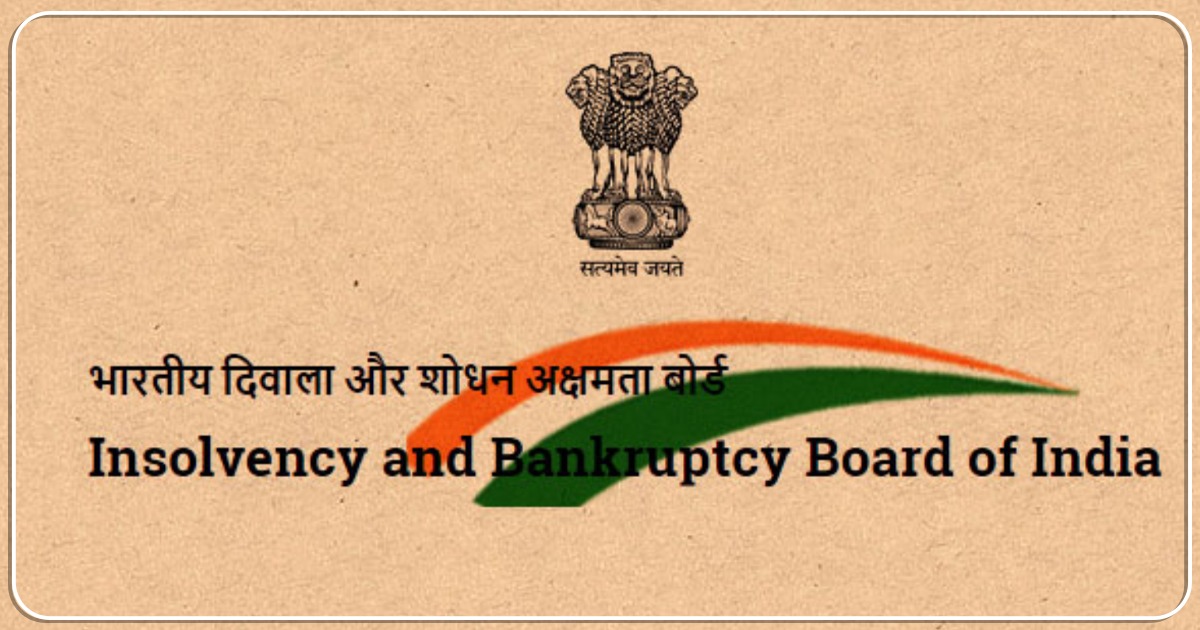Real estate companies applaud IBBI changes regarding insolvency and liquidation
By Bricksnwall | 2024-02-19

Analysts
argue that since the pre-insolvency stage of each project may be registered and
monitored as a separate unit under the RERA regulatory framework, it makes
sense to continue this segmentation during the insolvency resolution stage as
well.
Recently,
the insolvency law was amended to allow for project-by-project insolvency and
liquidation, which has been welcomed by real estate developers. They believe
that the new standards will benefit many different parties, including quicker
outcomes.
In order to
prevent the entire company from being forced into bankruptcy, the Insolvency
and Bankruptcy Board of India (IBBI) modified its rules last week to let the
Committee of Creditors (CoC) to invite distinct resolution plans for each real
estate project. Homebuyers will be relieved that the regulator stated that
allocated real-units would not be included in the liquidation process.
"All
stakeholders, including homebuyers and developers, will benefit from the recent
amendments," stated Niranjan Hiranandani, managing director of the
Hiranandani Group, in an interview with FE.
"By
permitting project-level insolvency, the developer would need to come up with
ways to pay back the debt of only insolvent projects, which wasn't the case
before, improving the likelihood of debt settlement and raising recoveries for
creditors," the developer stated.
The Real
Estate Regulatory Authority's (RERA) rules are in compliance with the
modifications made to the Insolvency and Bankruptcy Code (IBC) standards.
Analysts argue that since the pre-insolvency stage of each project may be
registered and monitored as a separate unit under the RERA regulatory
framework, it makes sense to continue this segmentation during the insolvency
resolution stage as well.
According to
Sunil Pareek, executive director of Assetz Property Group, the amendment now
allows the RP to choose a "tailor-made" approach for each project,
which will enable a targeted resolution that is relatively faster and also
raise the resolution success rate. "Through this process, the stress
project's value erosion can be minimized and homes can be delivered to buyers
more quickly," he stated.
The new
rules should give much-needed relief to creditors, homebuyers, and developers,
according to Realsta founder and CEO Dishant Malik. "These regulations
have the potential to expedite the resolution of blocked projects, thereby
mitigating delays and apprehensions for purchasers, who can now rest easier
knowing that their houses will be delivered on schedule.
In addition,
he said, "Creditors can now concentrate on getting paid for specific
projects instead of getting caught up in a convoluted and drawn-out resolution
process for an entire company."
In order to
maintain financial accountability and transparency, the new regulations also
require the resolution expert to open distinct bank accounts for each real
estate project. Additionally, they let the CoC to form a monitoring committee
to oversee the resolution plan's execution.
According to
Siddharth Mody, a partner at J. Sagar Associates (JSA), "a dedicated body
overseeing the resolution plan's implementation can safeguard homebuyers'
interests, ensuring the effective execution of commitments made in the
plan."
The new
regulations also require the RP to call a meeting of the CoC at least once
every thirty days and request that the CoC approve all expenses associated with
the insolvency resolution procedure.
According to
Mody, "this will introduce a layer of scrutiny that could help in controlling
the debtors' unnecessary expenditures, ensuring a more efficient use of
resources."
Source: Financial Express




